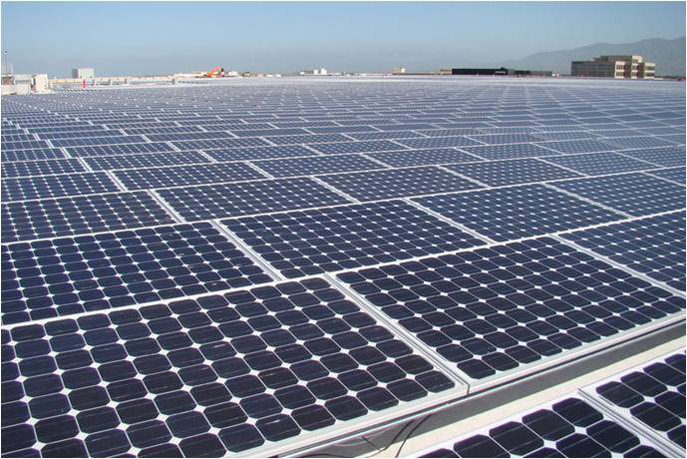On July 13, a panel of the U.S. Court of Appeals for the Tenth Circuit unanimously rejected a coal industry challenge to Colorado’s Renewable Energy Standard (“RES”). The Colorado RES requires that by 2020, renewables make up 30% of investor-owned utilities’ power generation and, depending on their size, 10% or 20% of electric co-op and municipal generation. The Tenth Circuit decision upholds the Colorado RES and serves as important precedent supporting a state’s authority to reduce its carbon footprint even if the actual emissions reductions occur outside the state. This authority is essential as states continue to take the lead on reducing carbon pollution, and this decision removes yet another obstacle that the coal industry is throwing in their path.
The plaintiff was the Energy and Environment Legal Institute (EELI), a far right group fronting here for Alpha Coal. Their argument was that Colorado’s RES somehow controls out-of-state activities in violation of the Constitution’s “dormant Commerce Clause”, which prohibits such “extraterritorial” regulation. The Sierra Club, ably represented by Earthjustice, joined a coalition of environmental and renewable energy groups that intervened to help defend the RES when the case was filed in 2011.
The Colorado District Court had ruled against EELI in 2014. In a brief and lucid opinion by Judge Gorsuch, the Tenth Circuit affirmed that ruling, noting that the Supreme Court limited the “extraterritorialty” doctrine to a small class of price-control statutes, and that the fundamental purpose of the dormant Commerce Clause is to prevent states from discriminating against out-of-state interests. The court found absolutely no evidence that the RES did this:
To be sure, fossil fuel producers like EELI’s member [Alpha Coal] will be hurt. But as far as we know, all fossil fuel producers in the area served by the grid will be hurt equally and all renewable energy producers in the area will be helped equally. If there’s any disproportionate adverse effect felt by out-of-state producers or any disproportionate advantage enjoyed by in-state producers, it hasn’t been explained to this court.
The Colorado decision is the second federal appellate case to deal with the thorny issue of whether, in regulating energy consumed within the state, a state can take account of the greenhouse gas emissions emitted in producing that energy if those emissions occur in another state. The Sierra Club is also an intervenor in the first case, in which the oil and ethanol industries challenged California’s Low Carbon Fuel Standard. The LCFS requires that the carbon content of fuels gradually decline to 10% below a 2010 baseline by 2020. In 2013 the Ninth Circuit rejected plaintiffs’ claim that California was regulating “extraterritorially” by taking account of “life-cycle” carbon dioxide emissions, i.e., emissions generated by producing and transporting crude oil and ethanol to and within California.
So far we’re two for two. A third such case is pending in the Eighth Circuit Court of Appeals, awaiting a date for oral argument. That case deals with Minnesota’s Next Generation Energy Act (“NGEA”); among other things, the NGEA bans Minnesota utilities from selling power from new coal-fired power plants, and from entering into any “power purchase agreements” with existing coal-fired plants. The State of North Dakota and the coal industry sued, again claiming that this constituted “extraterritorial” regulation. Unfortunately, last year the federal district court in Minnesota agreed with the plaintiffs, relying on an interpretation of the statute that makes no sense when read in context. The Ninth Circuit’s decision was featured prominently in the arguments to the Eighth Circuit defending the NGEA, and that briefing has now been supplemented with the Colorado RES decision. By sometime in 2016 we hope to be able to report that we’re three for three.
